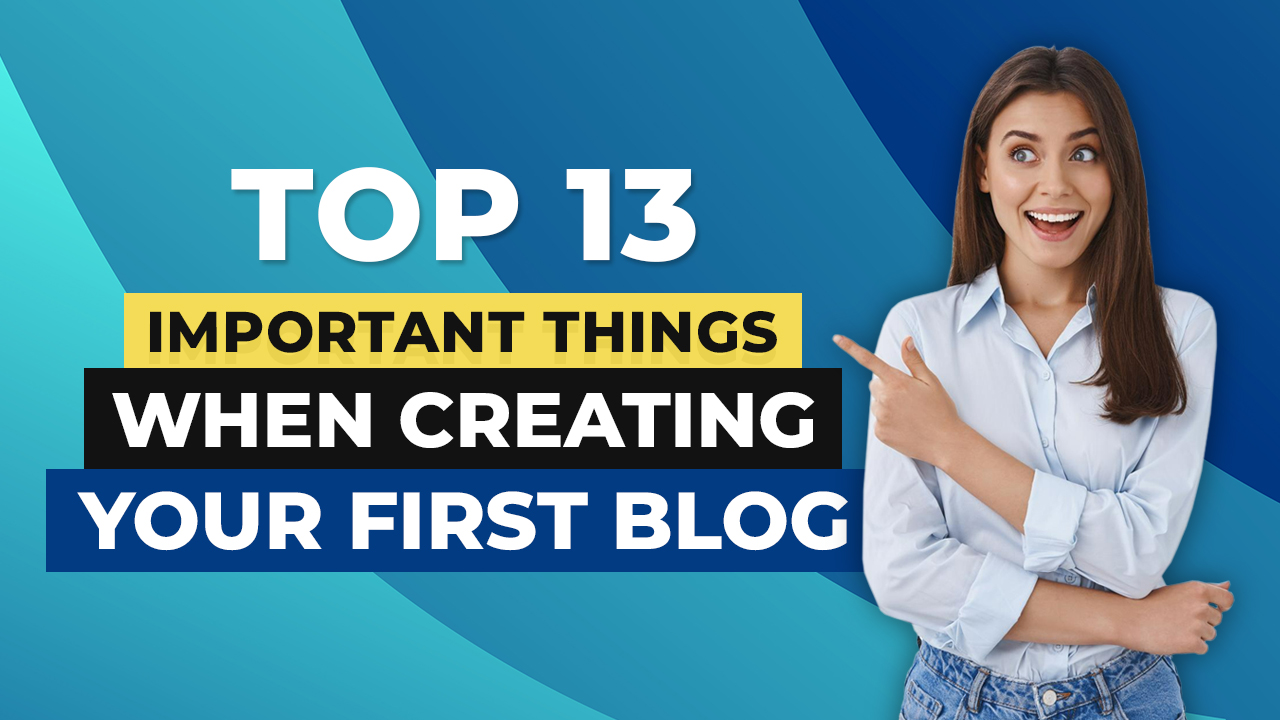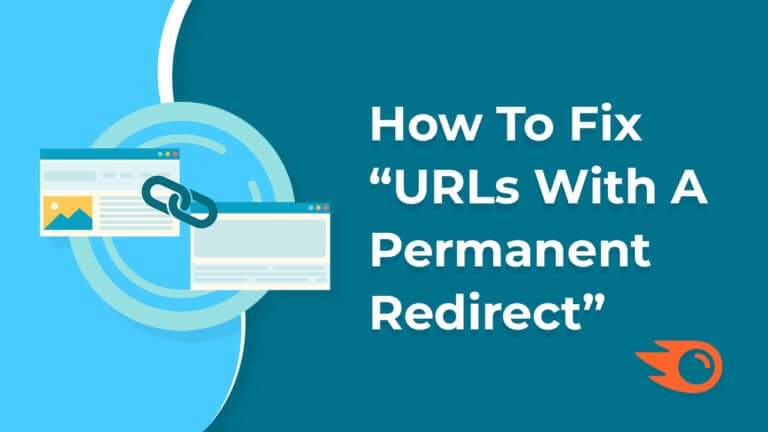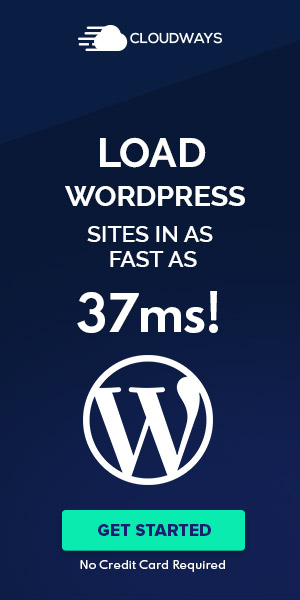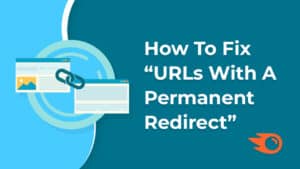Are you also going to step into the world of blogging and don’t you know how and where to start? Don’t worry, you’ve come to the right place.
As you know, blogging can be done for many reasons. You can also do blogging to earn money, you can also do blogging as per your hobby or to share information. It completely depends on you i.e. a blogger what is his/her objective.
If blogging is done with the right purpose then its results are good, your main goal should be to deliver the right information to your audience. Many people face this problem that they create a blog but the traffic on their blog does not come as expected. Because the mistakes they make in the beginning create problems for them in the future and mostly they do this due to lack of information. So today we will share with you the same important information so that you do not make mistakes in blogging.
Table of Contents
As described above that creating a blog is an exciting venture, but it’s important to consider several key factors to ensure its success and effectiveness. Here are the important things to keep in mind when creating a blog.
Top 13 Important Things When Creating a Blog
1. Choose the Right Niche:
Select a niche or topic that you are passionate about and have expertise in. Your genuine interest will help you stay motivated and produce valuable content.
2. Define Your Audience:
Identify your target audience and understand their needs, interests, and problems. Tailor your content to address their specific concerns.
3. Pick a Memorable Domain Name:
Choose a domain name that is easy to remember, relevant to your niche, and reflects your blog’s identity. Keep it concise and avoid complicated spellings.
4. Select a Reliable Hosting Provider:
Invest in a reputable hosting provider that offers good uptime, fast loading times, and excellent customer support. Research and compare hosting options before choosing one.
5. Opt for a User-Friendly Blogging Platform:
Select a user-friendly content management system (CMS) like WordPress, which offers flexibility, customization options, and a wide range of plugins and themes.
6. Focus on SEO:
Learn the basics of search engine optimization (SEO) to improve your blog’s visibility in search engine results. Optimize your content, meta tags, and images for relevant keywords.
7. Create High-Quality Content:
Content is king. Produce well-researched, informative, and engaging content. Consistency is key, so establish a content schedule and stick to it.
8. Engage with Your Audience:
Encourage reader interaction by responding to comments, emails, and social media messages. Building a sense of community can enhance your blog’s success.
9. Promote Your Blog:
Don’t rely solely on organic traffic. Promote your blog on social media, through email marketing, and by networking with other bloggers in your niche.
10. Monitor and Analyze Performance:
Use web analytics tools like Google Analytics to track your blog’s performance. Monitor traffic, user behavior, and conversion rates. Use the data to refine your strategy.
11. Stay Updated:
Keep abreast of industry trends, blogging best practices, and emerging technologies. Attend webinars, read industry blogs, and continuously improve your skills.
12. Monetization Strategy:
If you plan to earn money from your blog, research and plan your monetization strategy in advance. Consider options like advertising, affiliate marketing, selling products, or offering services.
13. Legal and Ethical Considerations:
Understand and comply with legal and ethical guidelines, including copyright laws, privacy regulations, and disclosure requirements for sponsored content or affiliate marketing.
Read this article also —
Frequently Asked Questions
Choosing the right niche involves considering your interests and expertise. Your niche should align with your passions and knowledge, ensuring that you can create valuable and engaging content consistently.
SEO helps your blog rank higher in search engine results, making it more visible to potential readers. It increases your chances of attracting organic (non-paid) traffic, which is essential for growing your audience.
Content frequency is a common concern for bloggers. Answering this question can help bloggers establish a publishing schedule that suits their goals and capacity.
The timeline varies, but it often takes several months to a year or more to see significant results. Consistency and high-quality content are key to success.





